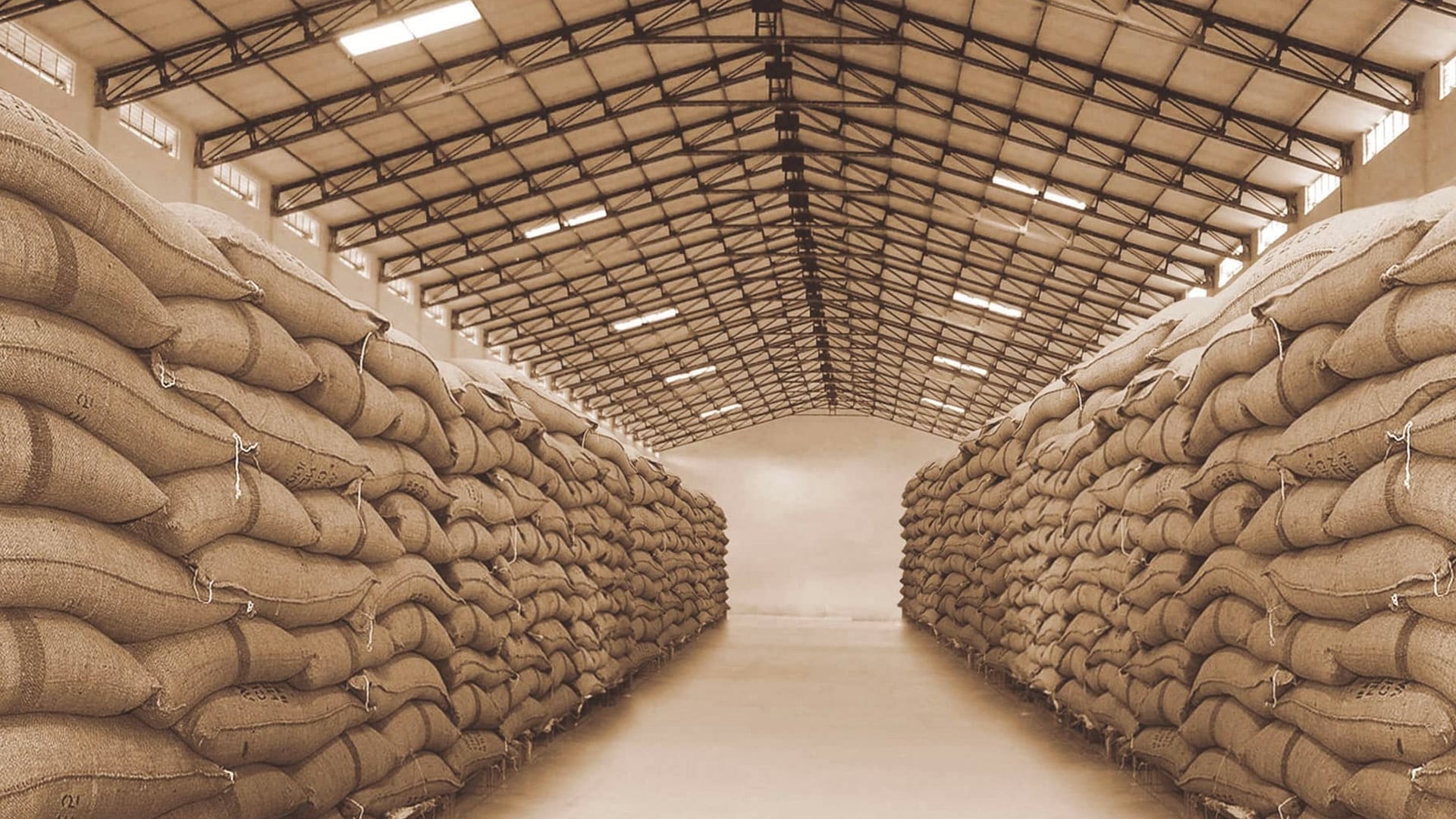Agriculture
WDRA chief says in process of reducing regulatory burden on agri warehousing
Warehousing Development and Regulatory Authority chairman T K Manoj Kumar on Tuesday said it is in the process of reducing the regulatory burden as there is scope for further improvement in agricultural warehousing.
“Warehousing is not just about storage. It also deals with other ancillaries. …There is definitely a case for improving the warehousing sector,” Kumar said after releasing a report on ‘Agricultural Warehousing in India: Trends, Constraints and Policies’ by NCDEX Investor Protection Fund Trust and IIT-Bangalore. There are certain regulatory burdens like issues related to insurance faced by warehouse operators, which the WDRA (Warehousing Development and Regulatory Authority) is in the continuous process of reducing, he said.
Also read: Amazon sends notice to Future Group promoters to stop transaction with Reliance
“We are in the continuous process to reduce the regulatory burden on warehouse operators,” he added. Highlighting recent steps taken to improve the warehousing facilities for agriculture produce, the chairman said digitalisation of negotiable warehouse receipts has been introduced, in which farmers can pledge to get bank loans against their agri produce kept in warehouses. With the introduction of electronic Negotiable Warehouse Receipts (e-NWRs), the pledge loan financing has risen with banks showing more interest in providing loans against e-NWRs, he said.
In the 2020-21 fiscal, the banks had provided pledge finance to the tune of Rs 1,400 crore, while it has already touched Rs 500 crore in the first two months of the ongoing financial year, he said and added that banks especially private lenders are realising the advantages of e-NWRs. The chairman said about 2,750 warehouses have so far been registered with the WDRA against 35,000-40,000 such facilities in the country. The number of warehouses getting registered with WDRA is increasing “slowly and steadily”.
There are around 1.5 lakh warehouses including captive ones in the country. The WDRA does not register captive warehouses, he added. Joint secretary in the food ministry Nandita Gupta said the government is testing an alternative for CAP (Cover And Plinth) storage and if successful will come out with a policy. Joint secretary in the agriculture ministry Samuel P Kumar, NCDEX managing director and CEO Arun Raste and IIT-Bangalore professor Gopal Naik were also present at the event.
The report on warehousing observed that e-NWRs are not operating at full potential and suggested the regulator to encourage online transactions and flow of goods without frequently checking the quality. It also said hermetic storage could be used to minimise deterioration in quality. The report also suggested the government to revive the Private Entrepreneurs Guarantee (PEG) scheme based on observations made by the Comptroller of Auditor General of India (CAG).
Further, it suggested the government to use hermetic storage instead of CAP, encourage Farmer Producer Organisations (FPOs) and private actors to participate in the sector, create incentives for WDRA registration and put in place a quick and reliable quality assessment and traceability system. Among others, the report said the government should make better use of information technology in warehousing and substantially increase funding for research related to warehousing management.



































